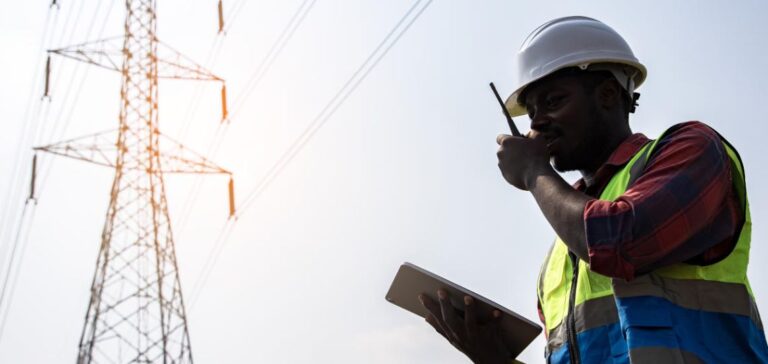NEDA (National Electricity Digitalization and Access) is an operation to increase access to electricity at lower cost.
A financing plan
NEDA represents new funding to spur the expansion and digitization of the electric grid, particularly in underserved areas. The financing is supported by the World Bank. This operation will promote access to electricity mainly to citizens of the Republic of Côte d’Ivoire (RCI) in the northern and western regions.
The NEDA program complements government schemes such as PEPT (Electricity for All Program) which has been in existence since 2014. In particular, it finances the connection costs and the extension of the national network (PRONEX). In addition, it also supports the extension and densification of the network since 2020.
Eventually, NEDA will connect 1,834,056 people, more than 50% of whom are women, to the electricity grid. It will cover 20% of the new connections in Côte d’Ivoire. More than 3,440 kilometers of new climate-resilient distribution lines will complement the existing network.
Ambitious objectives
NEDA will improve the performance of CI-Energies, the national company in charge of supervising the activities of the electricity sector. The network will therefore comprise 184 kilometers of fiber optic cables that will cross the northern part of the country from Ferkéssédougou to Odiénné. NEDA will also assist CI-Energies in strengthening network cybersecurity in response to new emerging risks.
Coralie Gevers, World Bank country director for Côte d’Ivoire, Benin, Guinea and Togo, says:
“Côte d’Ivoire has been making significant investments in the electricity sector for several decades to provide the population and businesses with universal access to reliable and affordable electricity services. Continued investment is essential to support the structural transformation of the economy and the emergence of transformative activities throughout the country. Expanding access to the grid and digitizing CI-Energies’ services will contribute to this goal.”
In addition, NEDA will allow the construction of remote monitoring centers on medium voltage lines and substations. This will help reduce the averagedowntime during an incident.
NEDA is aligned with the Ivorian government’s National Development Plan (NDP) for the period 2021-2025. It aims to accelerate the pace of structural transformation of the economy and foster more inclusive development. Finally, it also promotes the development of human capital and the evolution towards more effective and participatory governance.





















